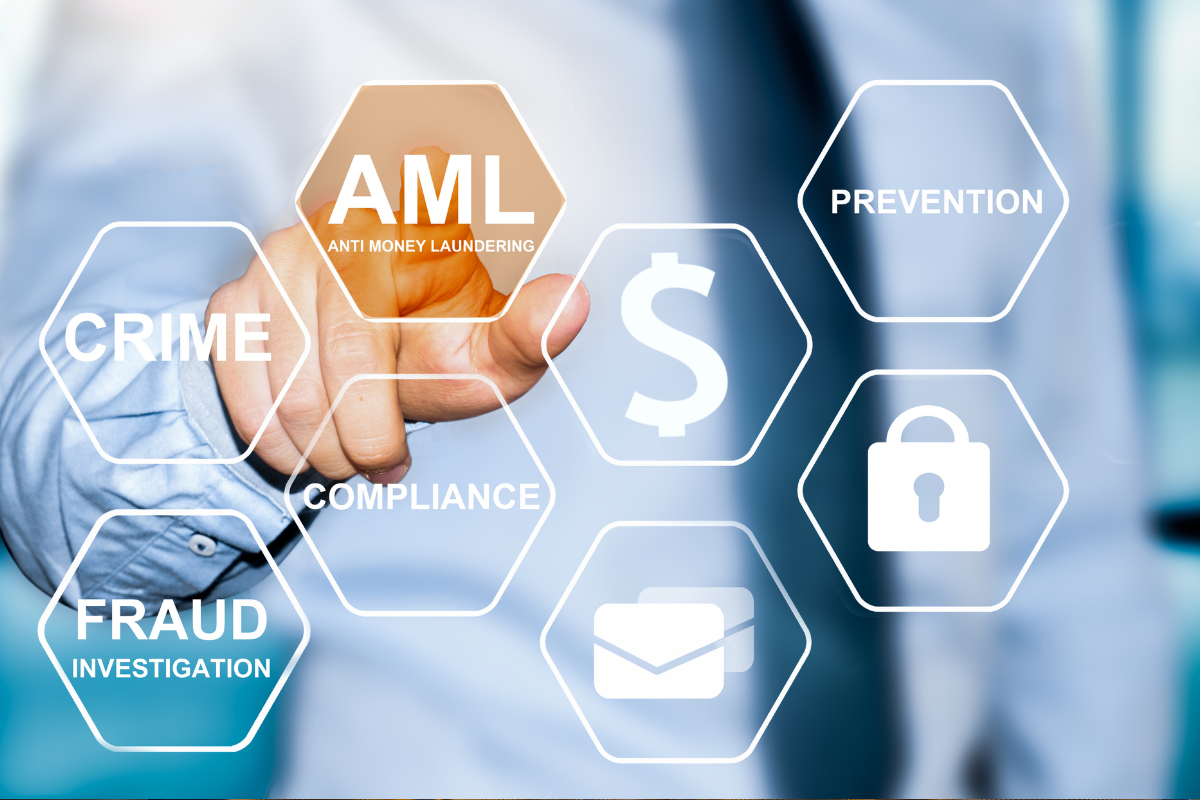From Bitcoin’s rapid ascent to Ethereum’s innovative blockchain technology, the realm of cryptocurrencies has caught the world’s collective imagination and revolutionized industries like finance, healthcare and many others.
But when it comes to trading and investing, what are the rules and regulations? From the ban of derivatives to retail investors in the UK to the changing regulatory landscape of the US and the latest Hong Kong crypto regulations, countries around the world are navigating the emerging industry.
This article will look at how the UK Parliament is responding to ever-changing trends in the crypto sphere, ensuring that these innovative digital assets are seamlessly and responsibly integrated into our daily lives.
Cryptocurrency And Its Growth In The UK
In recent years, cryptocurrency, often known as digital currency, has taken the globe by storm. It is a kind of digital money that employs encryption methods to safeguard financial transactions and manage the generation of new units.

Bitcoin is the oldest and most well-known cryptocurrency, but there are currently thousands of alternative cryptocurrencies, also known as altcoins, on the market.
In terms of Bitcoin acceptance and investment, the United Kingdom has emerged as a leader. Indeed, London is regarded as one of the top five destinations in the world for IT investors seeking to invest in blockchain and cryptocurrency businesses.
This expansion may be ascribed to a variety of causes, including increased interest in alternative investments, a progressive regulatory environment and a thriving technology-driven economy.
Current State of Cryptocurrency Regulations in the UK
The United Kingdom has been one of the leading countries in embracing and regulating cryptocurrency. However, the current state of regulations in the UK is still a work in progress.
Here, we will dive into the details of how UK regulations have adapted to the ever-changing landscape of digital currencies.
1. The Recognition of Cryptocurrency As Property
In 2014, HM Revenue & Customs (HMRC) published guidance on how cryptocurrency will be treated for tax purposes.
According to this guidance, cryptocurrency is considered property and is therefore subject to capital gains tax when bought or sold for profit.
This marked a significant step towards recognizing cryptocurrency as a legitimate asset and providing clarity for taxpayers.
2. Registration With the Financial Conduct Authority (FCA)
In January 2020, the FCA became the official regulatory authority for crypto assets in the UK. Any firm that wants to operate a crypto-related business must register with the FCA by submitting an application that includes detailed information about their operations, compliance systems and anti-money laundering (AML) measures.
3. Anti-Money Laundering Regulations
In line with global efforts to combat money laundering and terrorist financing through cryptocurrencies, the UK government implemented new AML regulations in January 2020.

These regulations require all firms dealing with cryptocurrencies – including exchanges and custodian wallet providers – to comply with strict Know Your Customer (KYC) requirements.
4. Voluntary Regulation Scheme From Crypto UK
CryptoUK is a self-regulatory trade association for digital currency companies operating in the UK market.
The association has proposed a code of conduct that outlines best practices for its members, including procedures for security, client assets protection and risk management. While this is currently voluntary, it may become mandatory in the future as part of the FCA’s oversight.
5. Government Recognition and Support
In 2018, the UK Treasury Committee launched an inquiry into digital currencies to better understand their role within the UK economy and determine if further regulation was needed.
The government has also provided funding to support research on blockchain technology and has encouraged financial institutions to explore ways to use this technology.
6. Ban On Crypto-Derivatives For Retail Investors
In October 2020, the FCA announced a ban on the sale of crypto-derivatives products such as futures and options contracts to retail investors in order to protect them from high-risk investments.
This ban came into effect in January 2021, however, many people caution that retail investors are being forced by the restriction to use unregulated exchanges, where they risk severe financial harm.
Comparison With Other Countries’ Approaches To Regulation
While some countries have embraced cryptocurrency with open arms, others have taken a more cautious approach.
In this section, we will examine the different approaches to regulation taken by other countries and compare them to the UK’s stance on cryptocurrencies.
Japan
Japan was one of the first countries to recognize Bitcoin as legal tender and currently has some of the most comprehensive regulations for cryptocurrencies.
In 2017, they passed a law requiring all cryptocurrency exchanges to be registered with the government and adhere to strict KYC/AML procedures.
Additionally, Japan has implemented taxes on cryptocurrency transactions similar to traditional financial assets. These proactive measures have contributed to making Japan one of the leading countries in terms of crypto adoption.
China
On the other hand, China has taken a more restrictive view towards cryptocurrencies, with outright bans on ICOs (initial coin offerings) and cryptocurrency trading imposed in recent years.
However, despite these restrictions, China remains a hub for Bitcoin mining due to its cheap electricity prices.
In neighboring Hong Kong, which operates under a separate regulatory framework, a more nuanced approach to crypto regulation has emerged.

Hong Kong crypto regulations strike a balance between fostering innovation and ensuring investor protection.
The Special Administrative Region has established licensing requirements for crypto exchanges and has been actively exploring ways to regulate digital assets while maintaining its status as a global financial hub.
Switzerland
In contrast to China’s approach, Switzerland has been dubbed the “crypto nation” for its supportive stance towards digital currency.
In 2017, they released a comprehensive framework for regulating cryptocurrencies, recognizing them as assets and providing guidelines for the activity in the space.
This approach has attracted many cryptocurrency startups to set up operations in Switzerland.
United States
In 2019, the United States took several steps toward regulating digital currencies. The Securities and Exchange Commission (SEC) declared that Bitcoin and Ethereum are not securities, providing clarity for these established cryptocurrencies.
However, new or unknown virtual assets would still fall under existing securities laws. This approach sets a precedent for other countries in terms of distinguishing between well-established digital currencies and newer tokens.
Currently, many Bitcoin spot ETFs are awaiting a decision on whether or not they will be approved. If they are approved as expected, it could open the floodgates for the institutional adoption of Bitcoin in the US.
The Importance Of Adapting Regulations To Rapidly Changing Technology
As the world embraces digital transformation, it’s evident that conventional regulations may struggle to keep up with the rapid evolution of technologies like digital currency.
While these regulations were originally designed to safeguard consumers and promote financial stability, they must now evolve to match technological advancements.
Regulation fundamentally aims to address risks and ensure fair industry practices. In the digital era, this principle remains crucial, if not more so.
The soaring value of cryptocurrencies like Bitcoin has made them susceptible to fraud and scams. Besides, a continual stream of new digital currencies with distinct features and risks underscores the need for adaptable regulation.